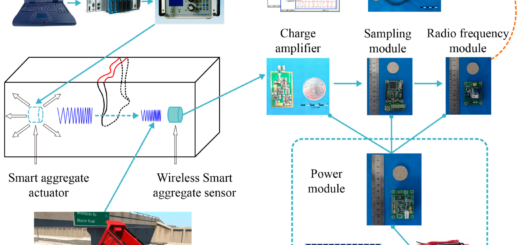Revolutionizing Healthcare: Embracing IoT for Enhanced Patient Care
Introduction: Unleashing The Potential Of Iot In Healthcare
The Internet of Things (IoT) has ushered in a new era of healthcare, where wireless, interconnected devices redefine data handling without direct human interaction. This technology, instrumental in diagnosing, treating, and monitoring patients globally, proves pivotal in anticipating health risks and enhancing healthcare delivery. Policymakers, particularly in response to the COVID-19 pandemic, are actively shaping regulations to leverage technology for healthcare services, underscoring the critical role of established and emerging IoT technologies. This viewpoint paper aims to provide a concise summary of the current landscape.
1. IoT in Healthcare Delivery:
– Facilitates data collection, transmission, and storage without human interaction.
– Vital for diagnosing, treating, and monitoring patients, ensuring streamlined healthcare delivery.
2. Global Policy Shifts:
– Policymakers worldwide respond to the COVID-19 pandemic by implementing rules for technology-driven healthcare.
– Emphasizes the need for safe and effective treatment through IoT technologies.
3. IoT Device Surge:
– Predicted surge to over 21 billion online devices globally in 2020.
– IoT basics involve linking identifiable objects to the internet, including health-related data-gathering devices.
4. Evolution of Health Systems:
– Shift towards technology-supported health delivery, transforming traditional models into virtual and distance modalities.
– Effective incorporation of technology-assisted services during crises, emphasizing the importance of IoT technologies.
5. Smart Health Services Enabled by IoT:
– IoT infrastructure powers smart health services through data collection, communication, and storage.
– Enhances risk identification, diagnostics, treatments, and remote monitoring, empowering individuals in their healthcare journey.
6. Technological Innovations Impacting Healthcare:
– Information technology innovations, including cloud computing, big data analytics, IoT, AI, and deep machine learning, revolutionize healthcare delivery.
– Result in more convenient, effective, and individualized smart health care services.
7. Advancements in Prediction Skills:
– Recent advancements in information computing technologies enable healthcare systems with sophisticated prediction skills within and beyond hospitals. In this connected healthcare landscape, IoT emerges as a transformative force, promising a future where technology shapes a more efficient, personalized, and accessible healthcare experience.
by Nidhi Prajapati



